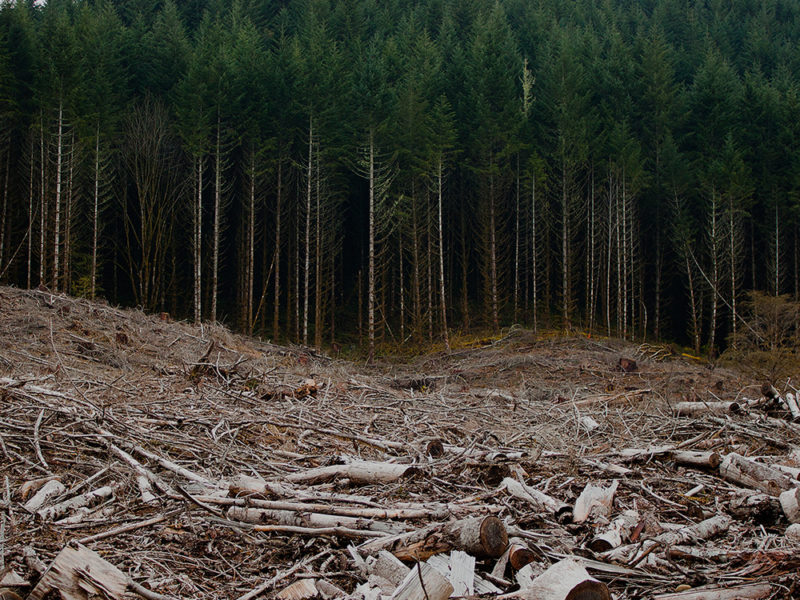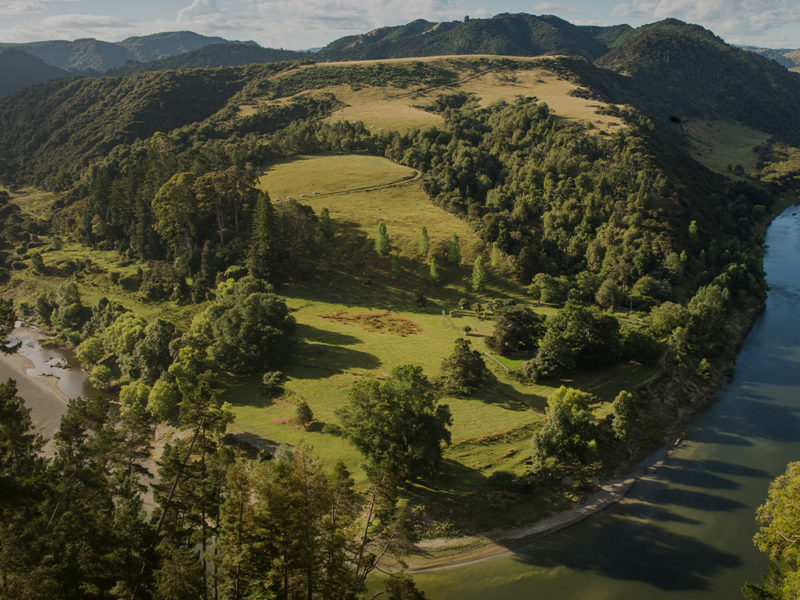In France, since the COVID crisis, the awareness that the planet must be protected has been emerging everywhere. Valérie Cabanes is the figurehead of nature’s rights in our country. The lawyer, who specialises in human rights and humanitarian law, became known in 2016 by organising the highly publicised true-false lawsuit against Monsanto in The Hague.
Since the beginning of September, her phone has been ringing constantly: every week a citizen collective invites her to save their river. Following the model of the Whanganui River, she is invited to come and defend the Loire, the Rhône, and more recently the Seine, which was the victim this summer of a concrete spill by the Lafarge Company, in the middle of Paris. We will follow her through these various initiatives that raise thorny questions of law. Though the Rhône flows in France and out into our territorial waters, it originates in Switzerland. So how do we give it a cross-border legal status? The Loire has the support of local elected officials. On its banks a Parliament has been created, which regularly brings together the experts. Together with the public authorities, they are trying to define how to protect humans and non-humans living near the river, with a strong slogan « We are the Loire defending itself ». This is certainly the most successful project that we will be following. Lastly the City of Paris has just announced its intention to give the Seine a legal status; a strong symbolic statement. Even if Anne Hidalgo has proved with the riverside traffic lanes that she is not afraid, will she be able to move against the heavyweights of French industry, whose activities are located along the river?
Here too Valérie Cabanes will be called in for support. « The legal personality status allows ecosystems, through a legal representative (state, community, citizen), to defend their eco-systemic role in court, and their need to remain protected from industrial projects that threaten them (dam, power plant, factory, effluents, etc.) » the lawyer explains. « The judge can thus put in place restraining or precautionary measures, preventing the projects from being carried out. » We will follow the advice that Valérie Cabanes will be giving to the elected representatives of Paris in charge of this case, as well as the possible legal proceedings against Lafarge.
Valérie Cabanes is also the lawyer behind the citizen protest movement known as « The Case of the Century », which last year sued the French state for climate inaction. In Paris in March 2019, a human tide filled the main boulevards and the Place de l’Opéra. 150,000 citizens gathered for the World Climate March in Paris. At the head of the procession was a banner reading « Environmental Justice: Nature Has Rights » held by Greenpeace, Oxfam, “Notre affaire à tous” and the Nicolas Hulot Foundation. Together these four NGOs attacked the state for climate inaction, in other words for non-assistance to a planet in danger. They accused the government, with statistical evidence, of not complying with the Paris agreement it supported and signed in 2016, in which the state commits to reducing its greenhouse gas emissions, by developing renewable energies and promoting energy efficiency. Projections are already showing that, given its carbon emissions, France will not be able to limit the temperature increase to less than 2°C. According to the IPCC the stakes are high: beyond this threshold considerable changes will take place on the planet, reducing the possibility of life on earth.
« The problem is not that measures against global warming are insufficient, it is simply that they are non-existent » warns Greta Thunberg, the high school student who has become the emblem of this protest. In the offices of the association « Notre affaire à tous » Valérie Cabanes helps young lawyers working on this complaint, called The Case of the Century. It is a long-term, patient job, where they have to study the laws, the jurisprudence… The association has lodged an administrative resort « so that a judge can recognise the obligations of the state, and find faults and deficiencies ». The state took 16 months to respond, omitting certain points. The trial is expected to take place soon, unless the judges choose to close the case. In the coming weeks they will have to decide. Either they will decide to close the investigation, or they will set a date for a hearing, probably before the end of the year. The decision is expected a few weeks later. Will France be condemned?
nIn the Netherlands, the Philippines, Colombia and other countries, in a few years the courts have become the new place for resolving the climate crisis. Faced with insufficient political action and legislative shortcomings, the national judges are increasingly being called upon by civil society to settle the climate issue.




